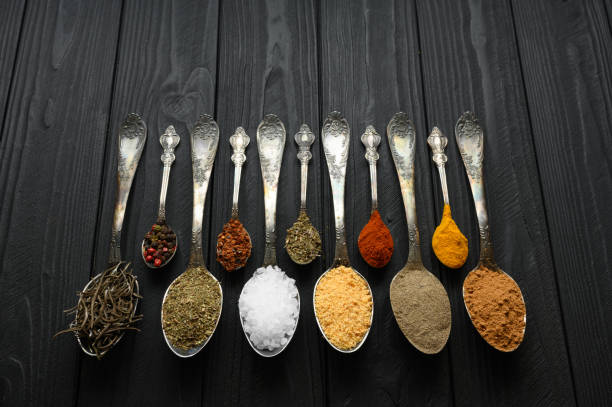

Various Forms of Medical Marijuana Unveiled
When most people hear the term medical cannabis, they often picture it as something smoked or vaporized. But today, the options available for patients in Canada go far beyond a rolled joint. Thanks to ongoing innovation and Health Canada-approved regulations, medical cannabis is now available in a variety of forms tailored to different patient needs and preferences.
Understanding these options is essential for patients looking to manage symptoms safely and effectively. Whether you're new to cannabis or exploring alternatives to your current treatment, here’s what you need to know about the different forms medical marijuana can take.
1. Dried Cannabis (Flower)
This is one of the most well-known forms. Patients can use dried cannabis by vaporizing it or, less commonly, by smoking. Vapour inhalation is often preferred for quicker symptom relief without the harmful effects of combustion. Strain selection (like indica, sativa, or hybrid) and cannabinoid profile (THC vs. CBD) play a key role in choosing the right product.
2. Cannabis Oils and Tinctures
Cannabis oil is a popular choice for those who prefer not to inhale. These extracts are typically placed under the tongue (sublingual use) or added to food or drink. Oils provide a slower onset but longer-lasting effects, making them ideal for managing chronic conditions throughout the day. Dosing can be more controlled and discreet.
3. Capsules and Softgels
Much like a supplement, cannabis capsules offer a precise, pre-measured dose of cannabinoids. These are ideal for patients who value consistency and convenience. Capsules must pass through the digestive system, so the effects may take longer to appear (30 minutes to 2 hours), but they can last several hours.
4. Edibles
Edible cannabis products—such as gummies, chocolates, or beverages—are now available through licensed producers. Like capsules, edibles go through digestion and produce a slower onset with long-lasting effects. Patients need to be cautious with dosing, especially when trying a new product, as it’s easy to overconsume without feeling immediate results.
5. Topicals
Cannabis-infused creams, balms, and lotions are designed to be applied directly to the skin. These are often used for localized relief of pain, inflammation, or skin conditions. Because topicals typically don’t enter the bloodstream, they are non-intoxicating, making them a safe option for daytime use.
6. Concentrates and Extracts
Products like shatter, wax, rosin, or distillate are highly potent extracts. These are often used by patients with high tolerance or those who require stronger, fast-acting relief. Use of concentrates should always be discussed with a medical cannabis doctor in Canada due to their strength and potential for side effects.
7. Transdermal Patches
Still emerging in the Canadian medical cannabis space, these patches are applied to the skin and deliver a controlled dose of cannabinoids over an extended period. This can be a game-changer for patients seeking steady symptom control without the need to re-dose throughout the day.
As access to medical cannabis in Canada continues to evolve, patients are no longer limited to just one method of consumption. The variety of forms allows for personalized treatment plans that suit different medical conditions, lifestyles, and comfort levels.
It's also important to remember that how cannabis affects each individual can vary greatly. Some may benefit from a low-dose oil, while others may require inhaled flower for acute symptom flare-ups. That’s why a professional medical marijuana consultation in Ontario is essential. A trained and licensed healthcare provider can assess your needs, discuss your options, and ensure safe, effective use.
At GrowLegally, our team specializes in helping Canadians access medical cannabis through the proper legal channels. Whether you're looking to understand your eligibility, apply for a licence, or renew an existing prescription, we’re here to guide you every step of the way.
If you're ready to explore how medical cannabis might support your health journey, contact us today to book your free consultation.
Frequently Asked Questions
What is the best form of medical cannabis for beginners?
For new patients, cannabis oils or capsules are often recommended. They provide controlled dosing, are easy to take, and don’t involve inhalation. A medical cannabis consultation in Ontario can help you decide what form is best based on your medical needs and lifestyle.
Can I get a cannabis prescription online in Canada?
Yes. Licensed providers like GrowLegally offer secure, virtual consultations with a medical cannabis doctor in Canada. After an assessment, you may receive a prescription and guidance on how to register with a licensed producer.
How do I apply for a medical cannabis licence in Canada?
To apply for a personal production or designated grower licence under the ACMPR, you must first obtain a medical cannabis prescription. GrowLegally helps patients complete the application process, including submitting the required forms to Health Canada.
Is there a difference between recreational and medical cannabis in Canada?
Yes. Medical cannabis is authorized by a healthcare practitioner and often comes with specific dosing guidance and symptom management strategies. It may also be eligible for insurance coverage and tax deductions. Recreational cannabis does not require a prescription and is used for non-medical purposes.
How do I renew my medical cannabis prescription in Canada?
Prescriptions must be renewed regularly, usually every 6 to 12 months, depending on your physician’s recommendation. GrowLegally offers easy renewals and follow-up support for ongoing access.
Previous Post
Next Post

Storing Medical Cannabis – Learn how to properly store your cannabis and keep its potency strong.
Go To Post
Before Acquiring Medical Marijuana, Here Are 2 Questions That Your Doctor Is Likely To Ask You (Plus a Bonus One!)
Go To Post

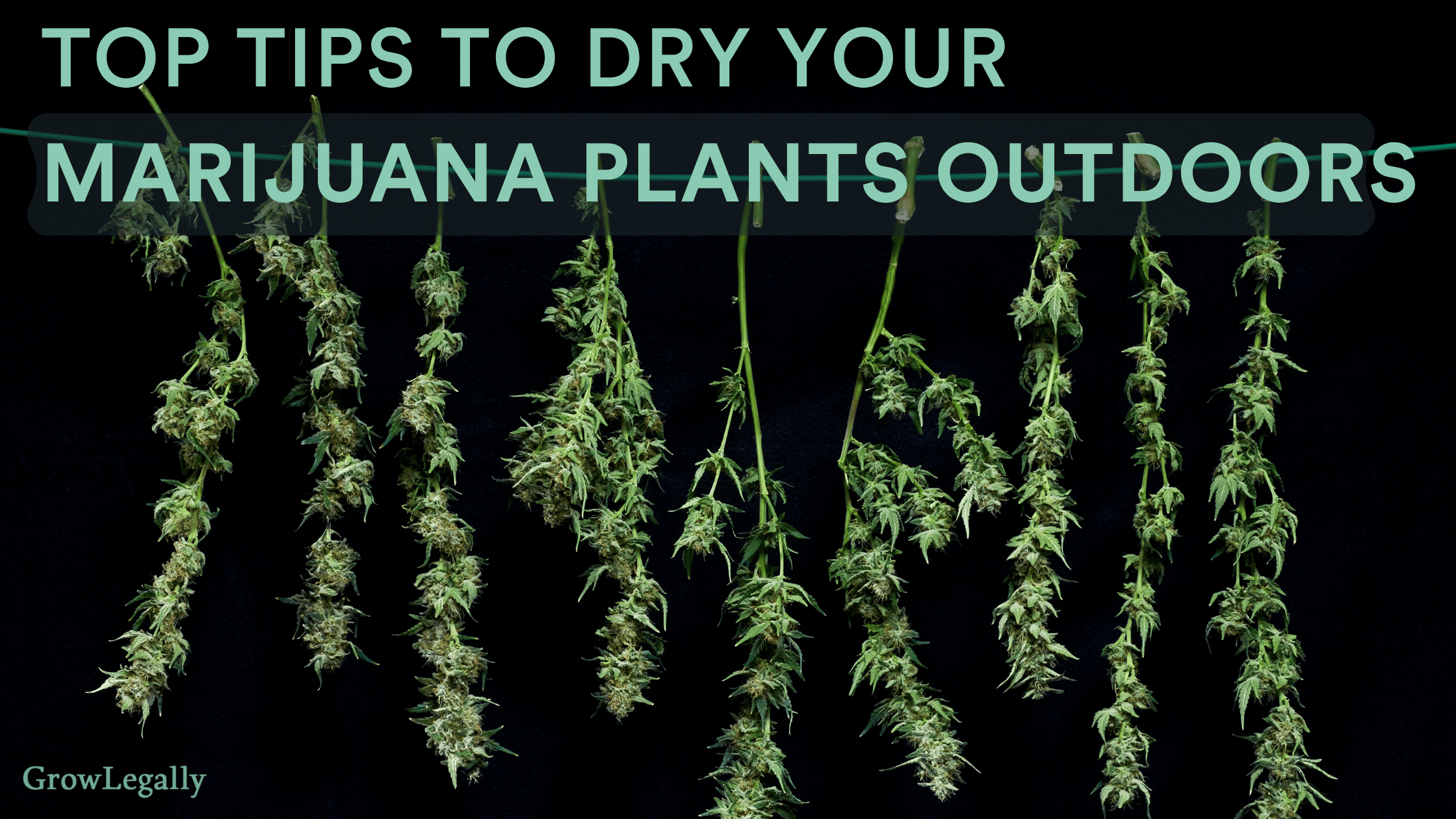
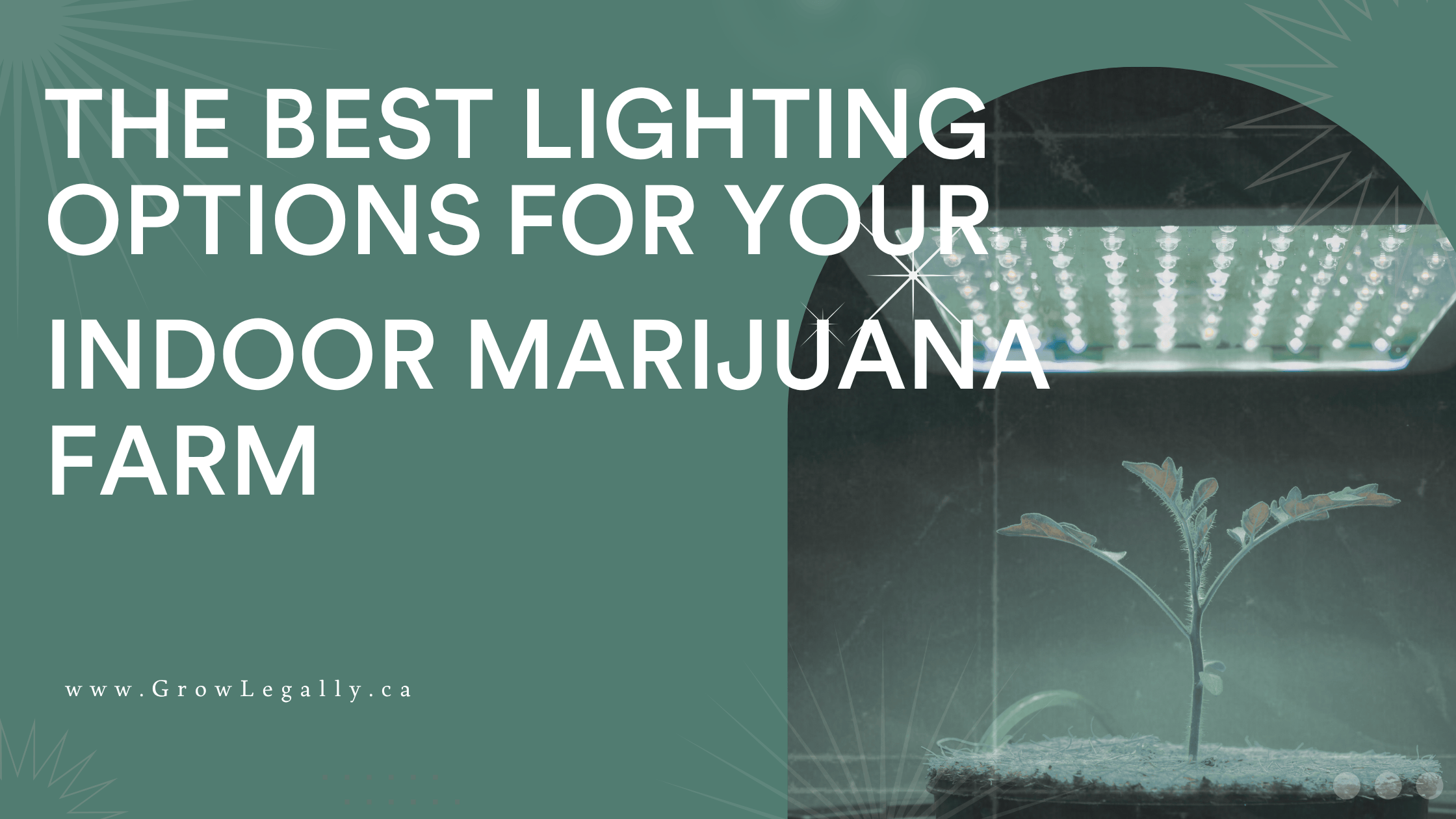
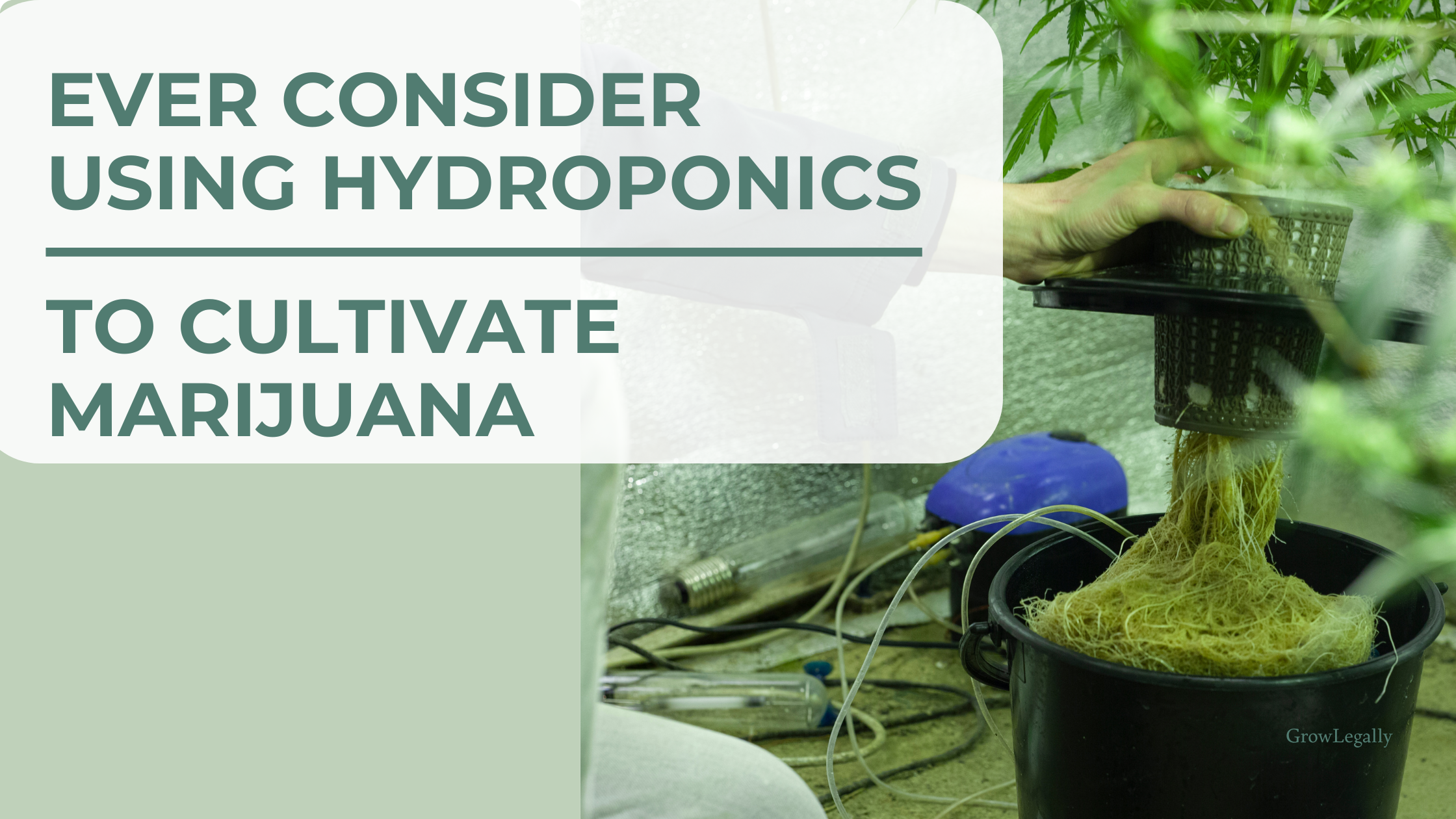
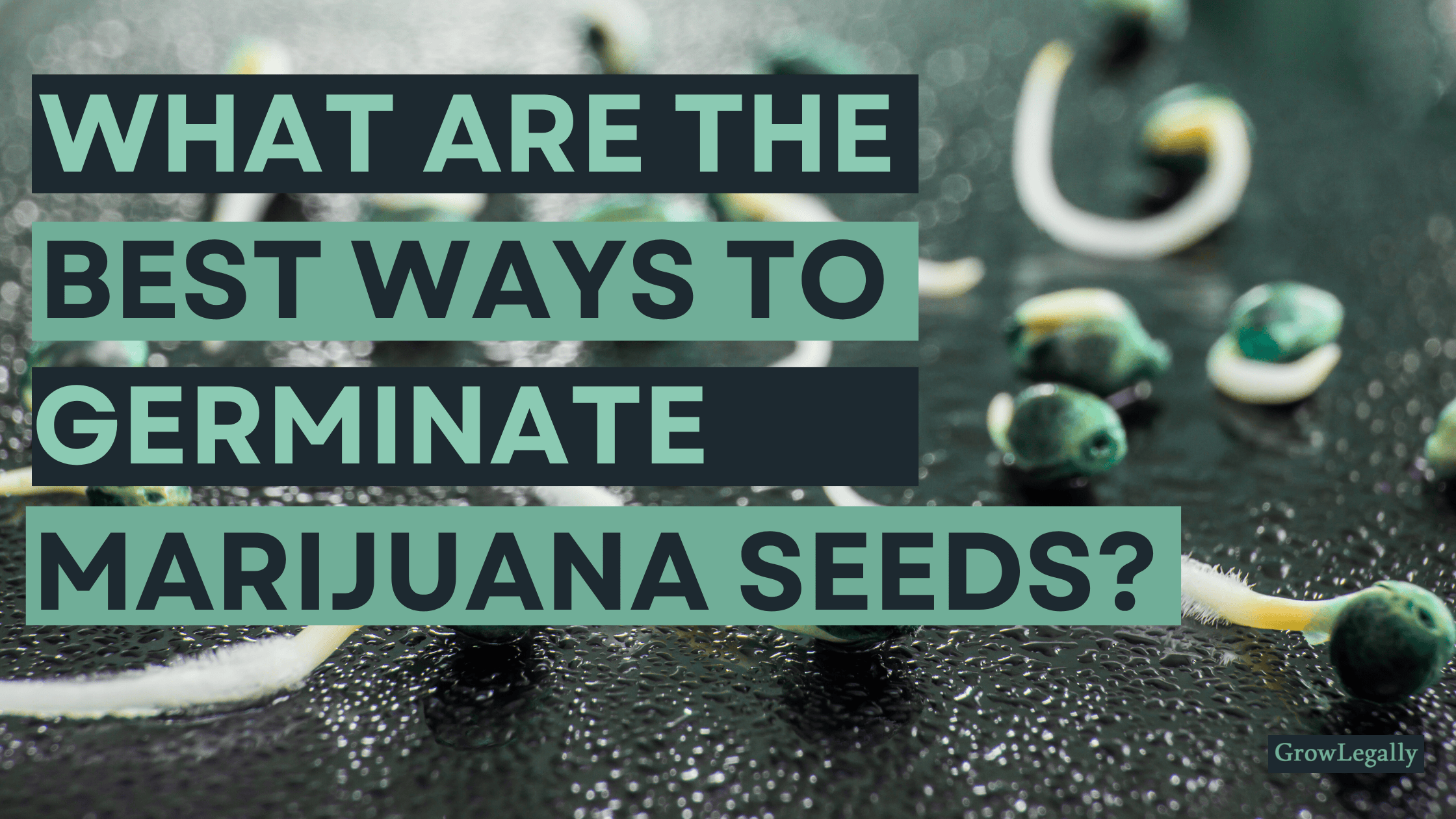
.png)
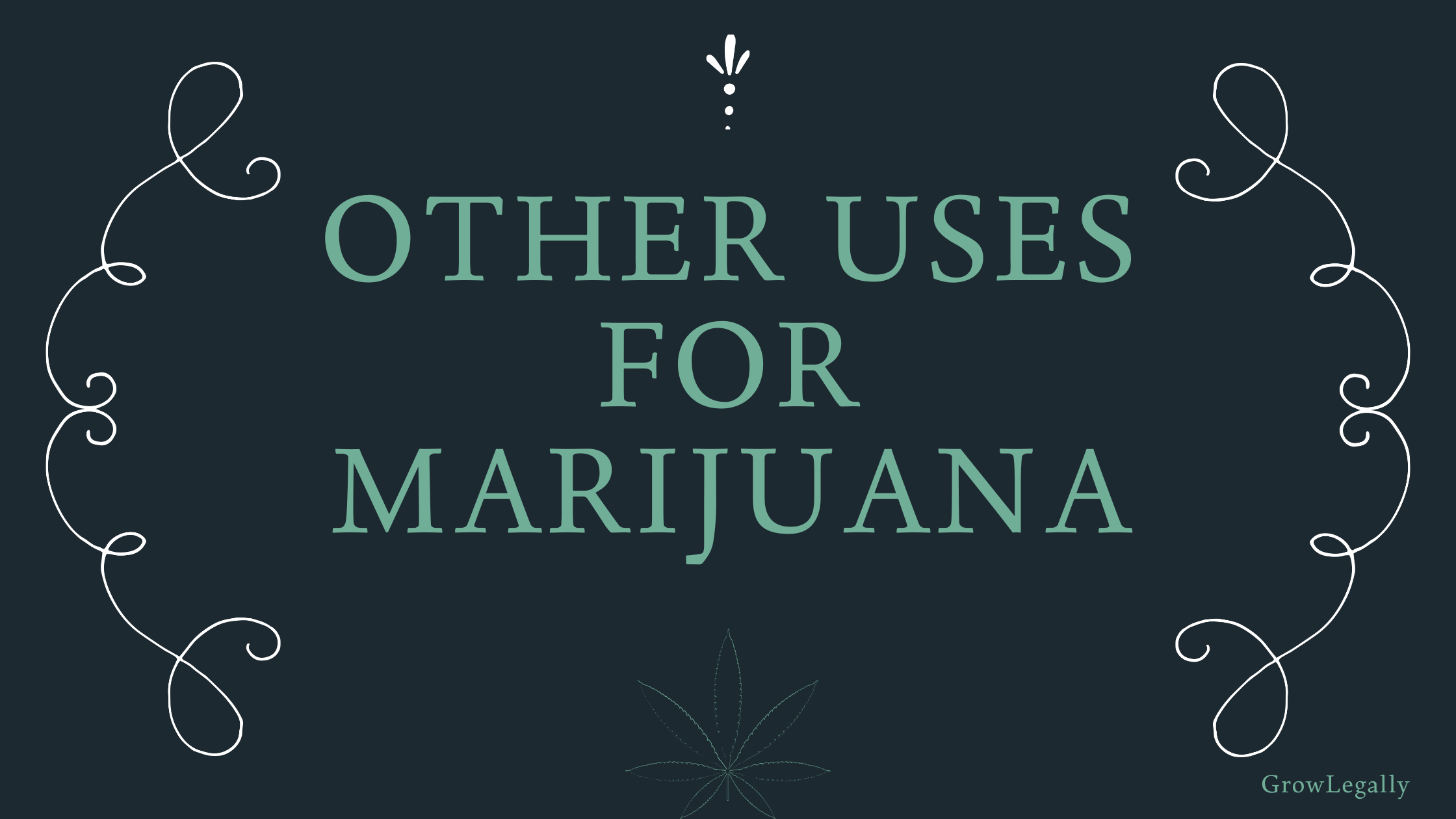
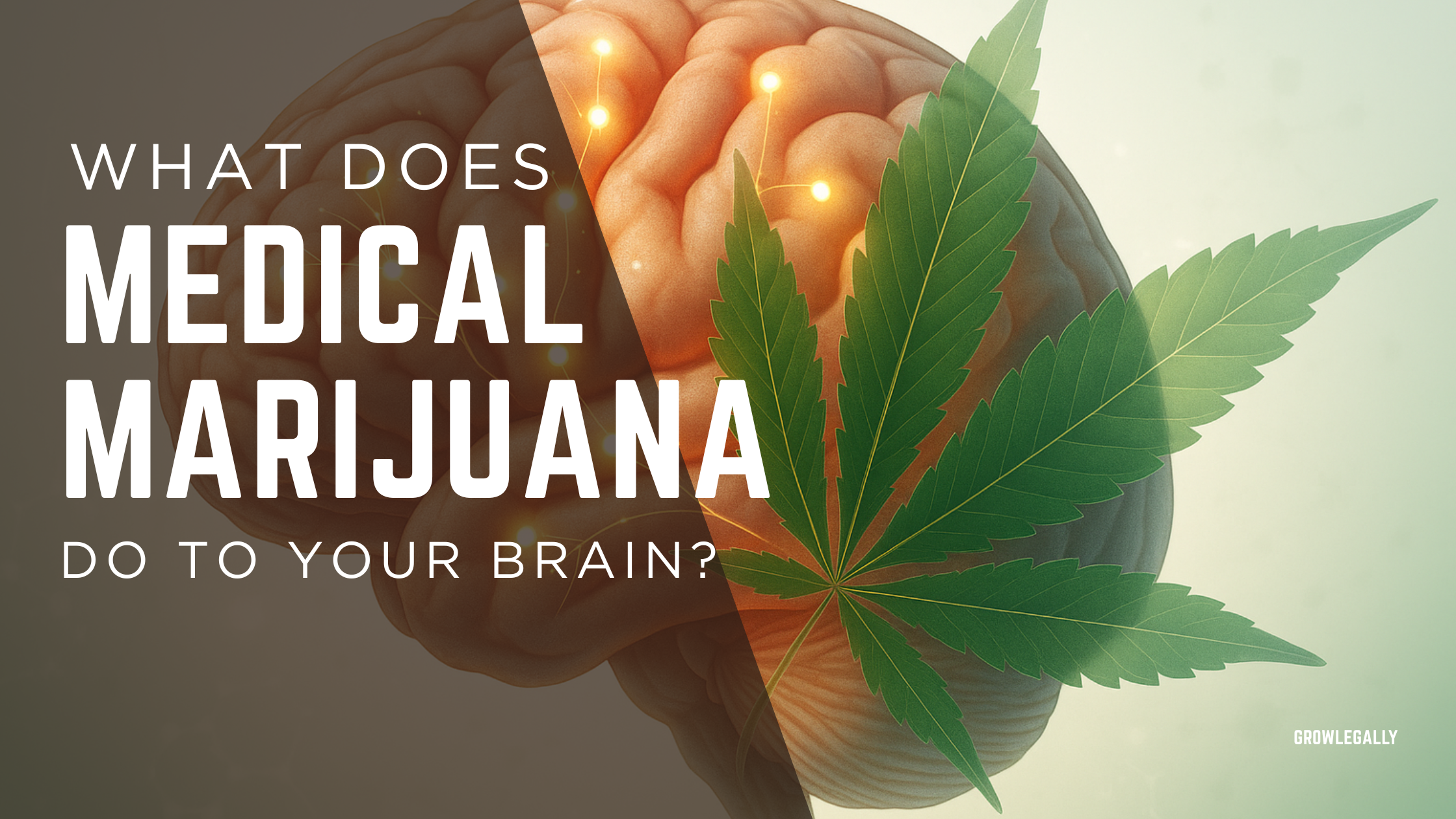
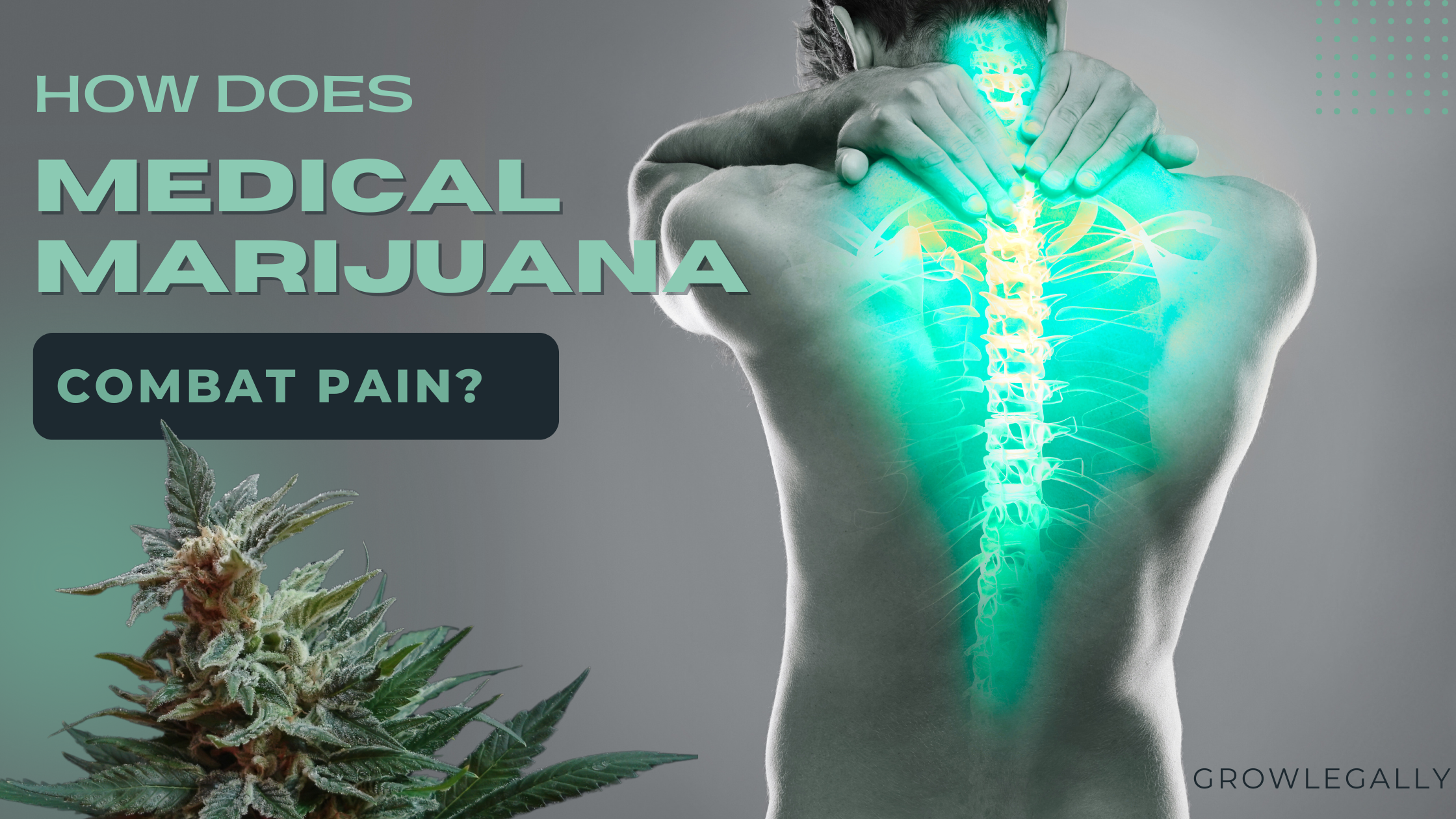
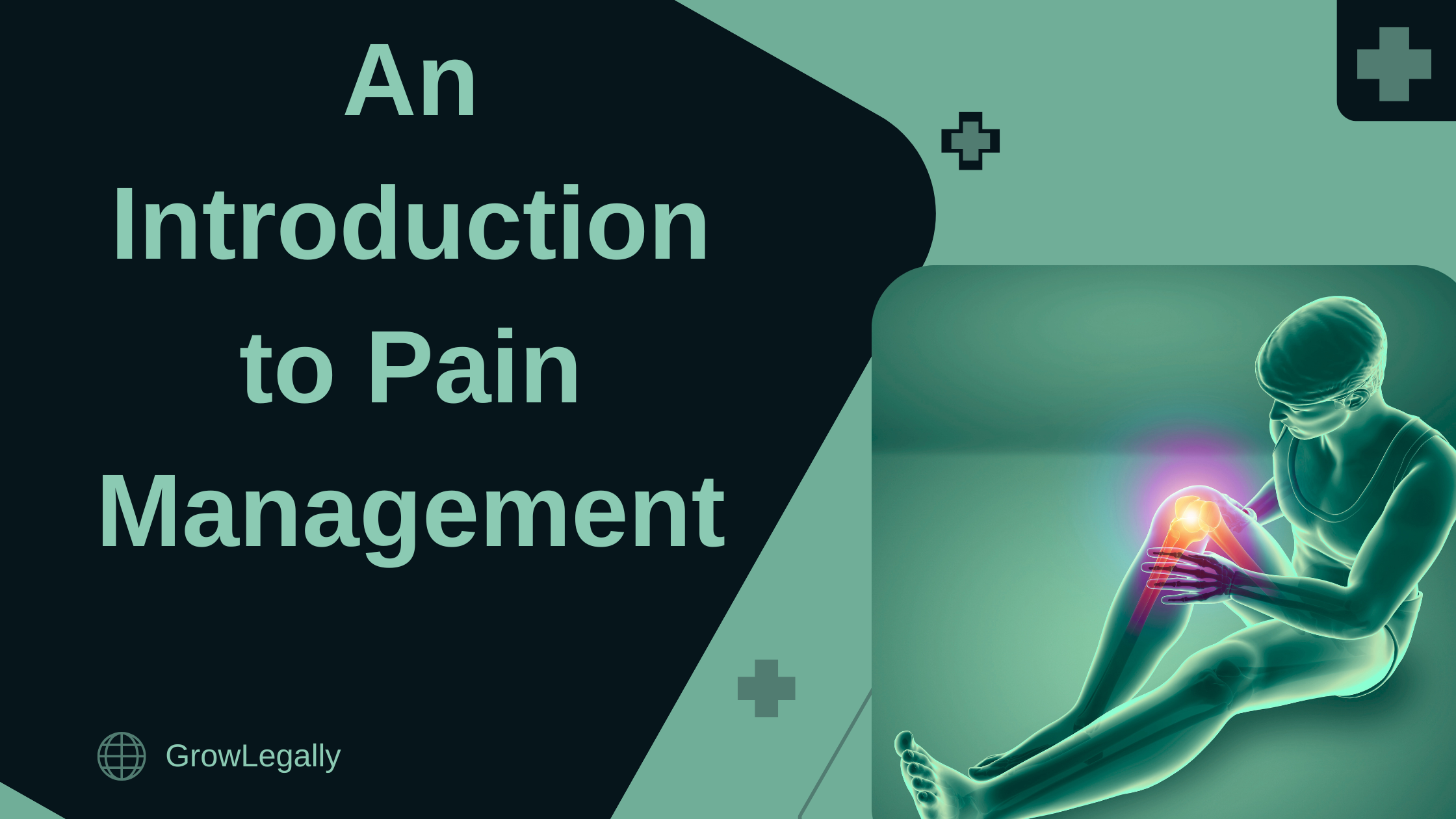
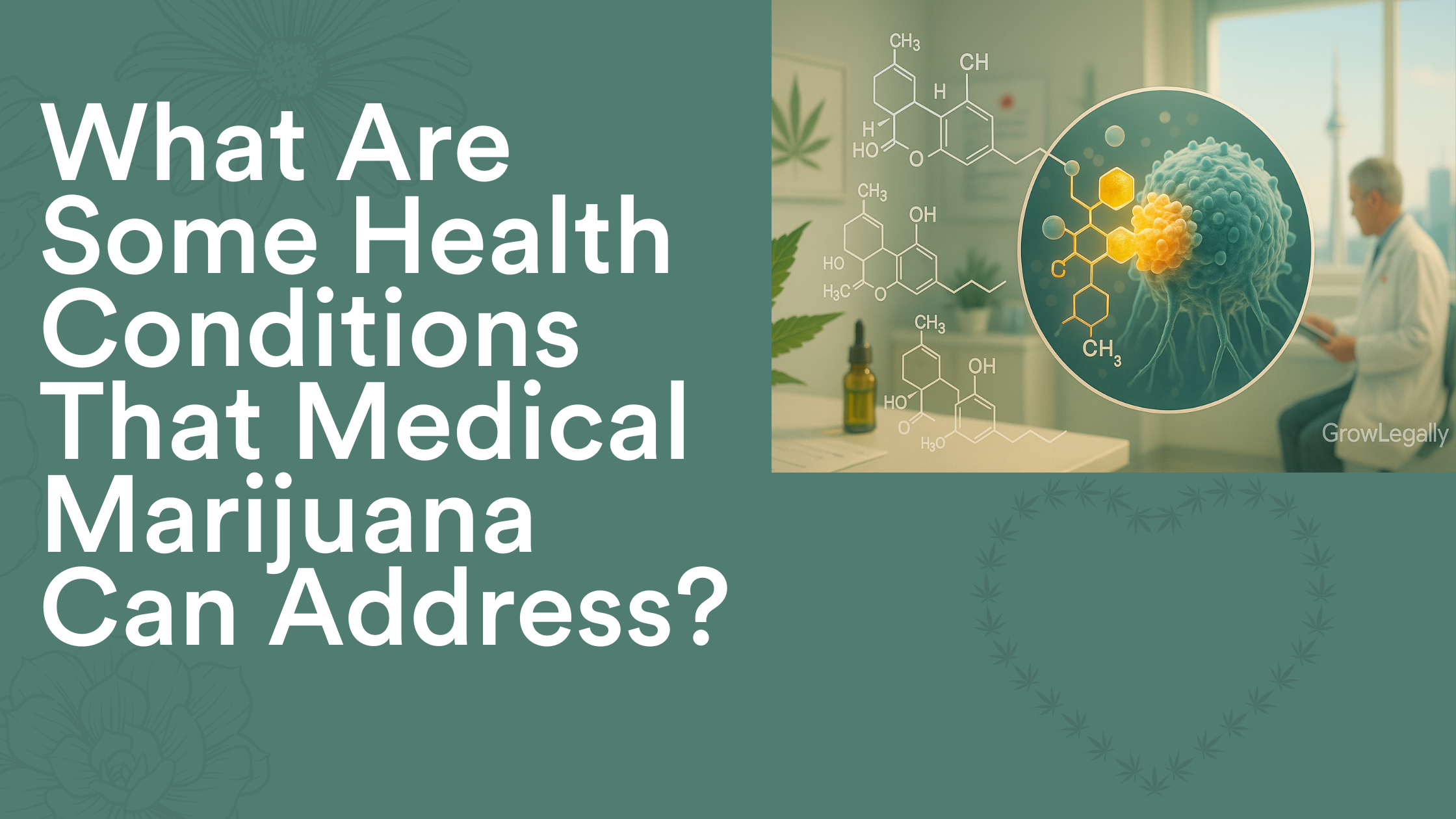
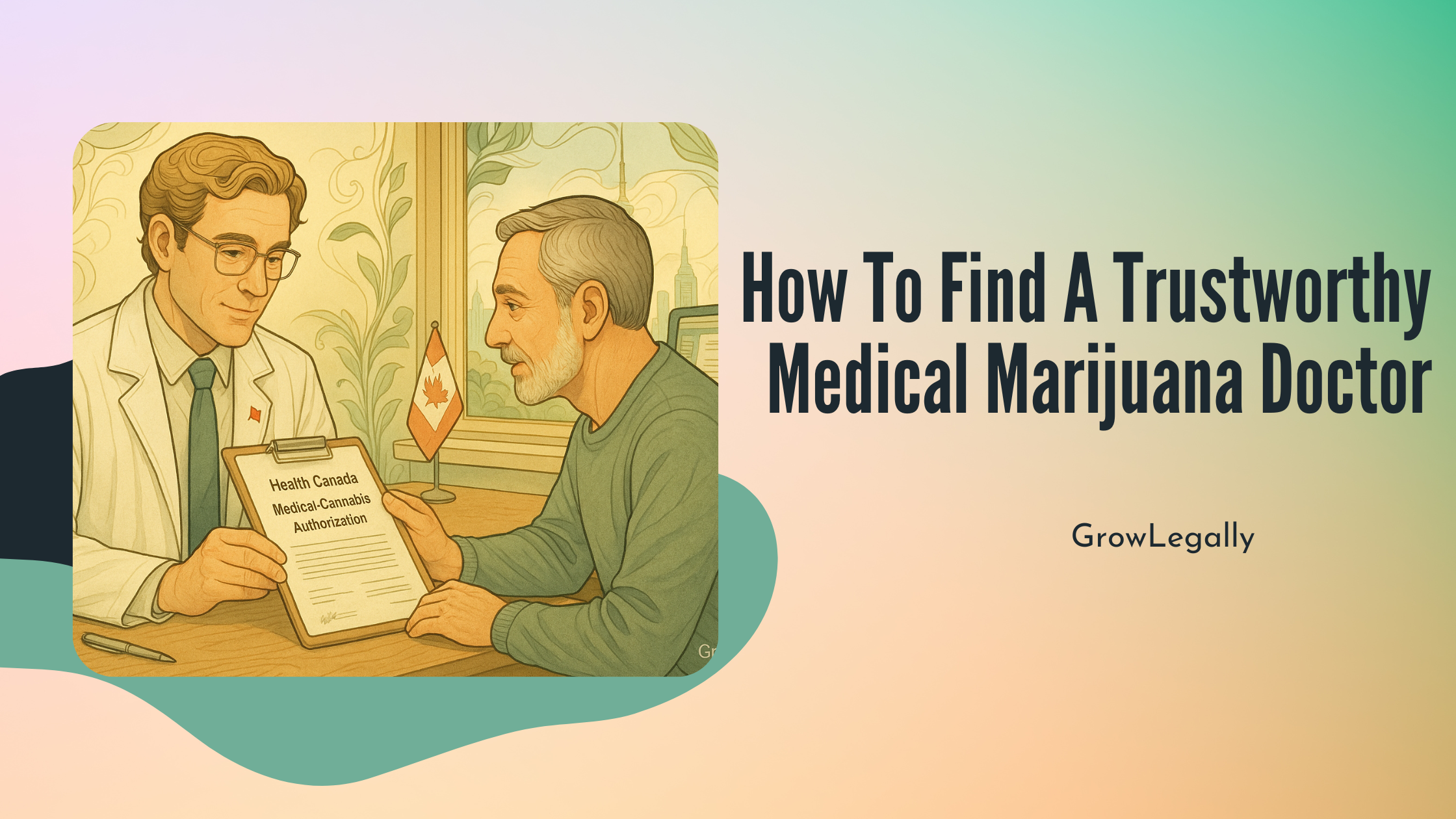
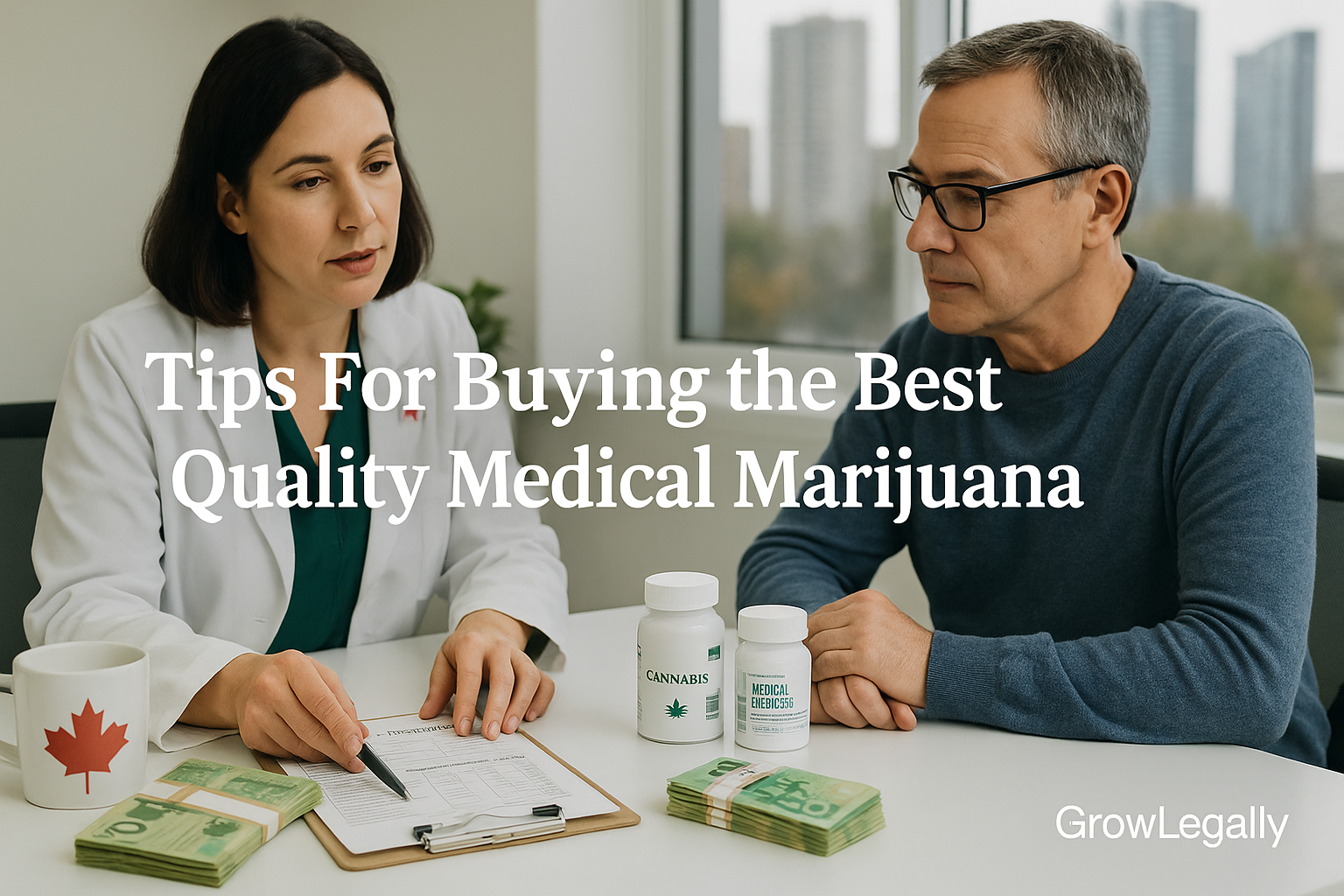
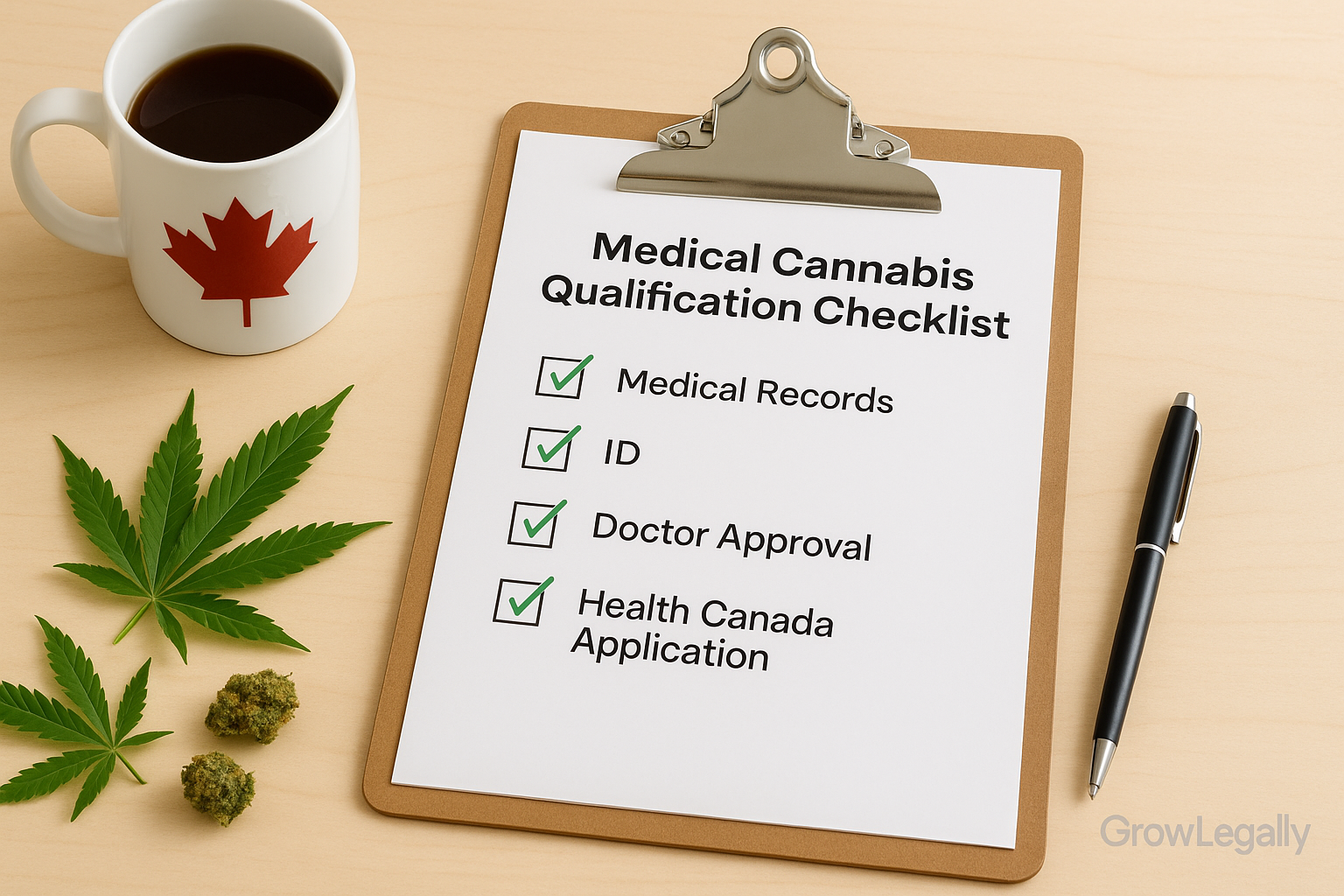
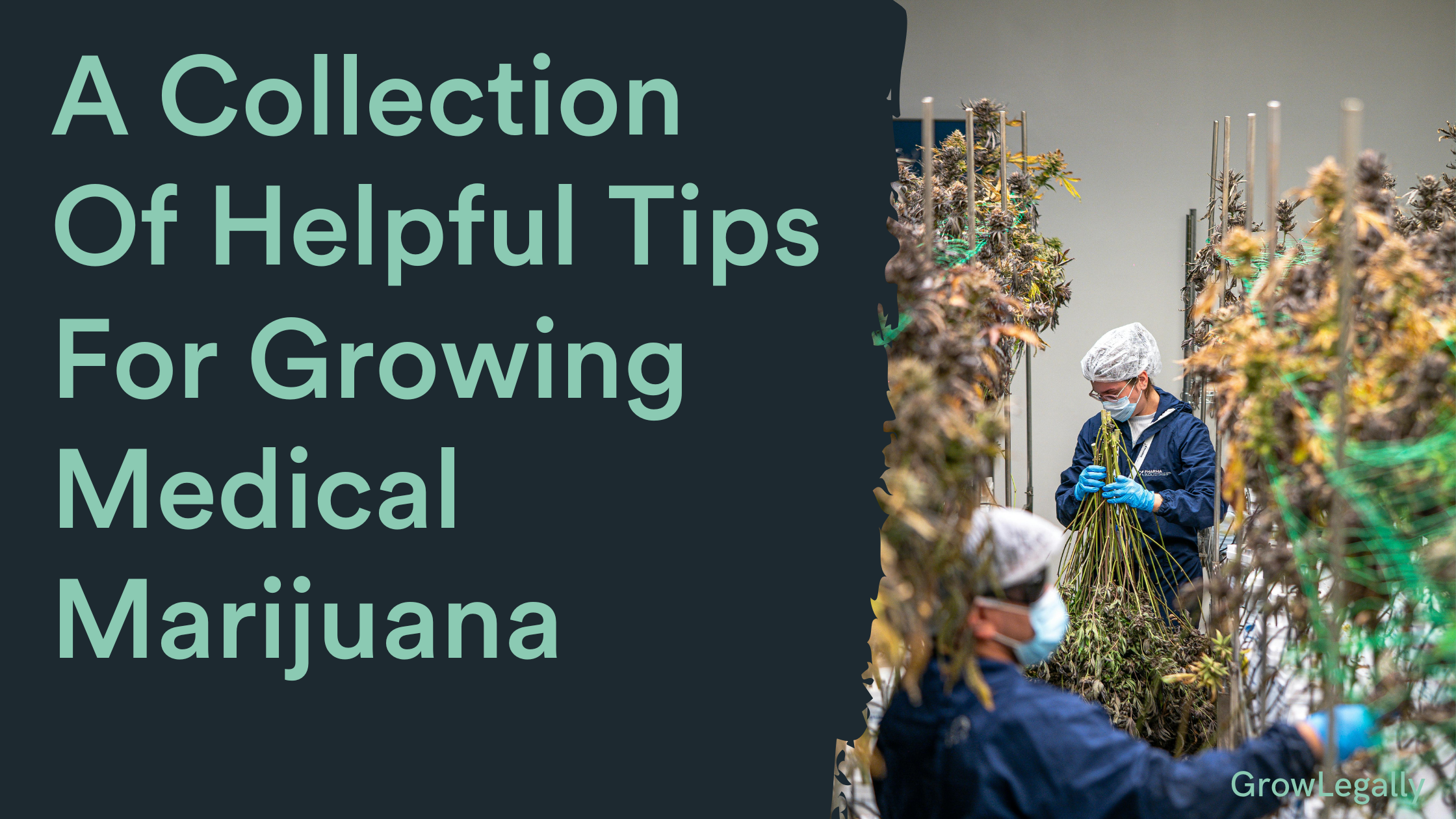
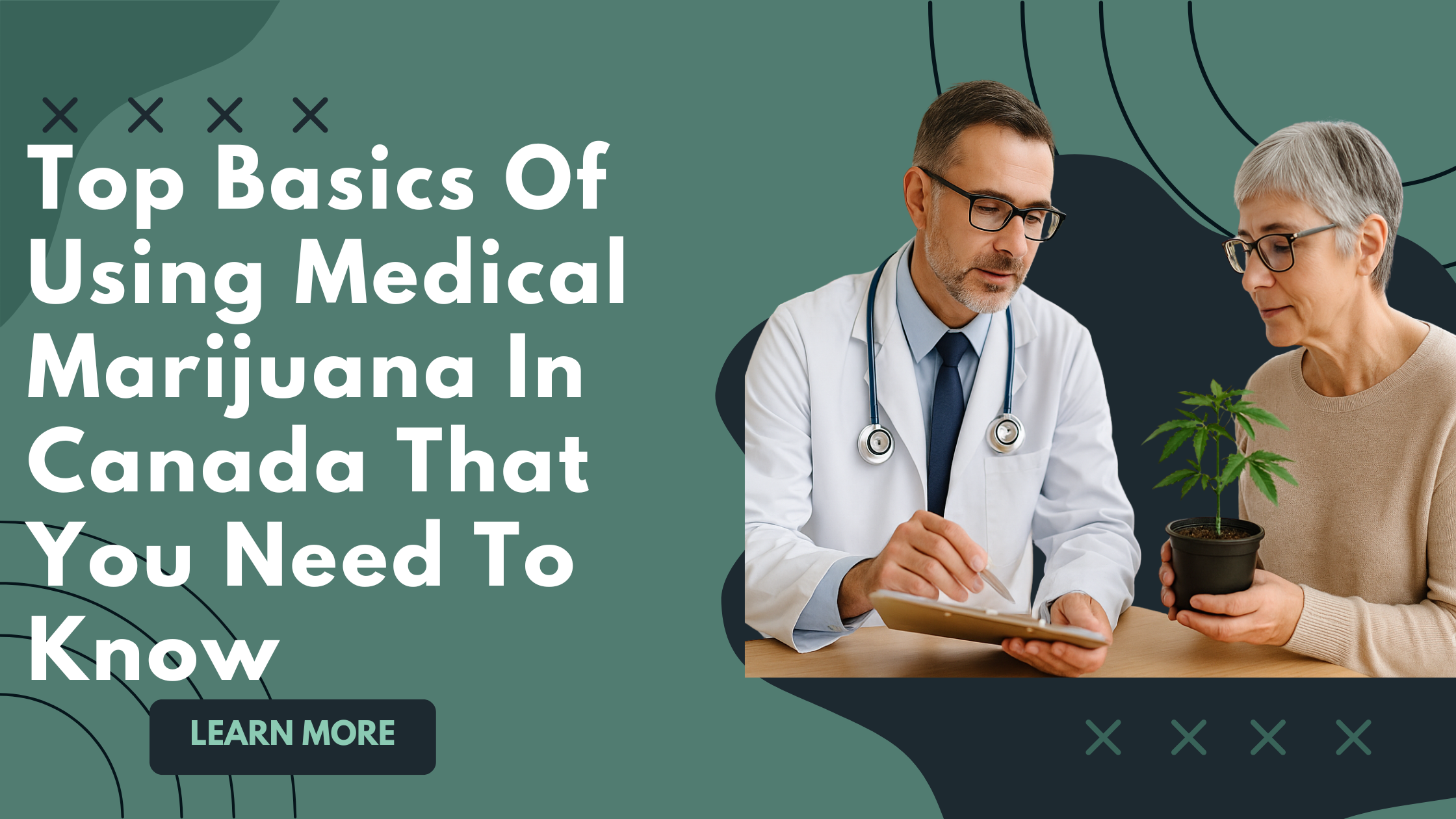
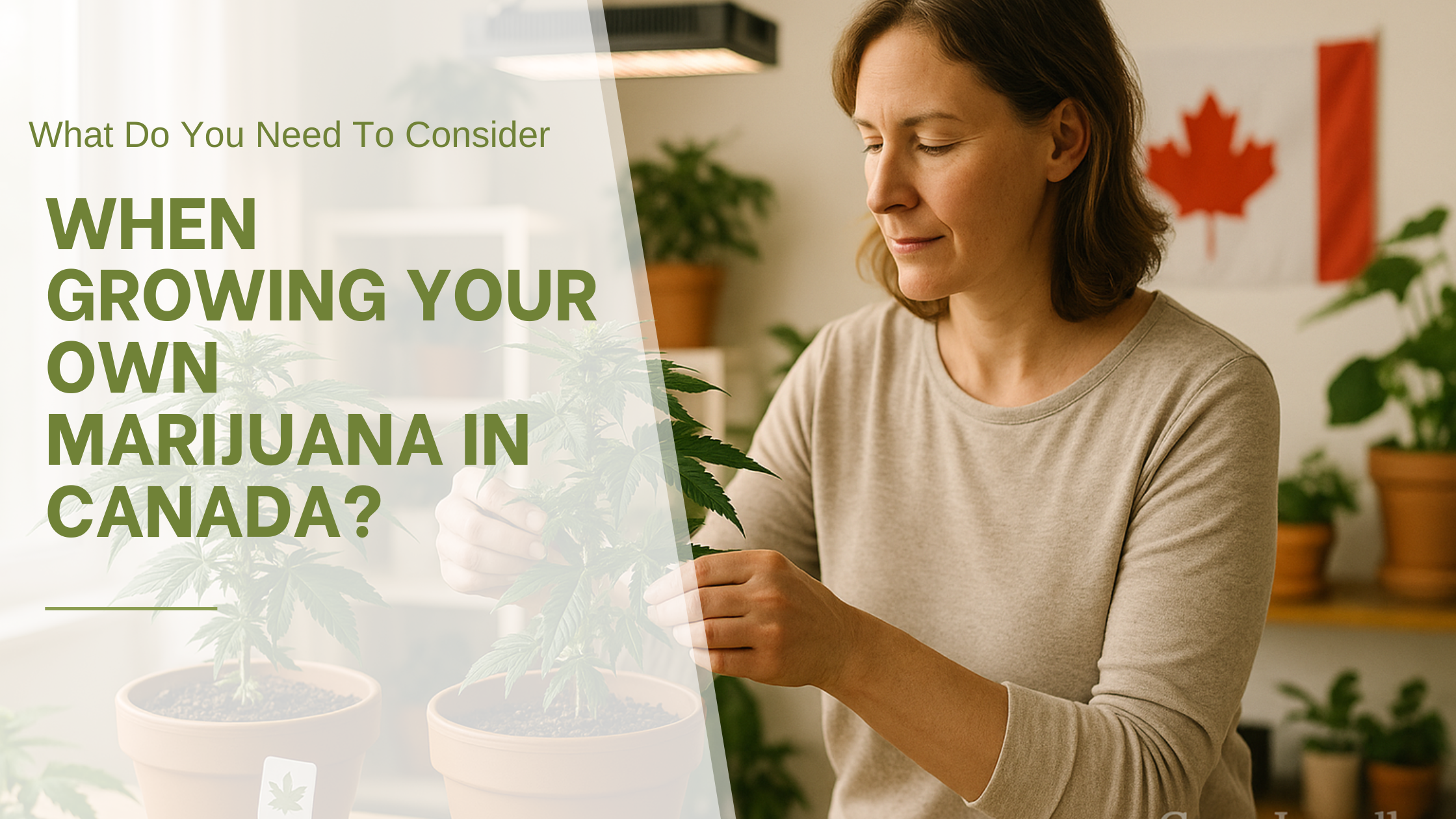


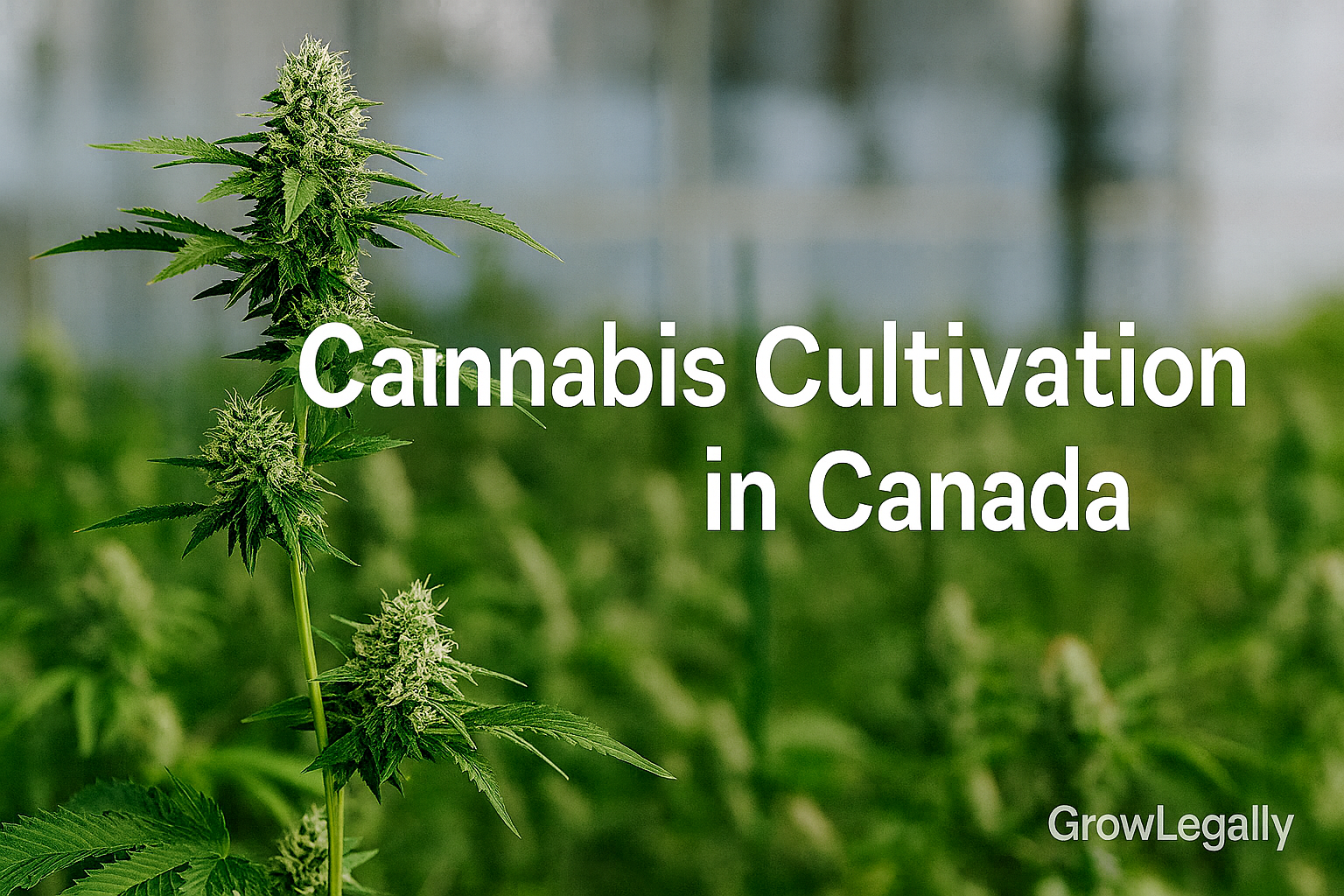
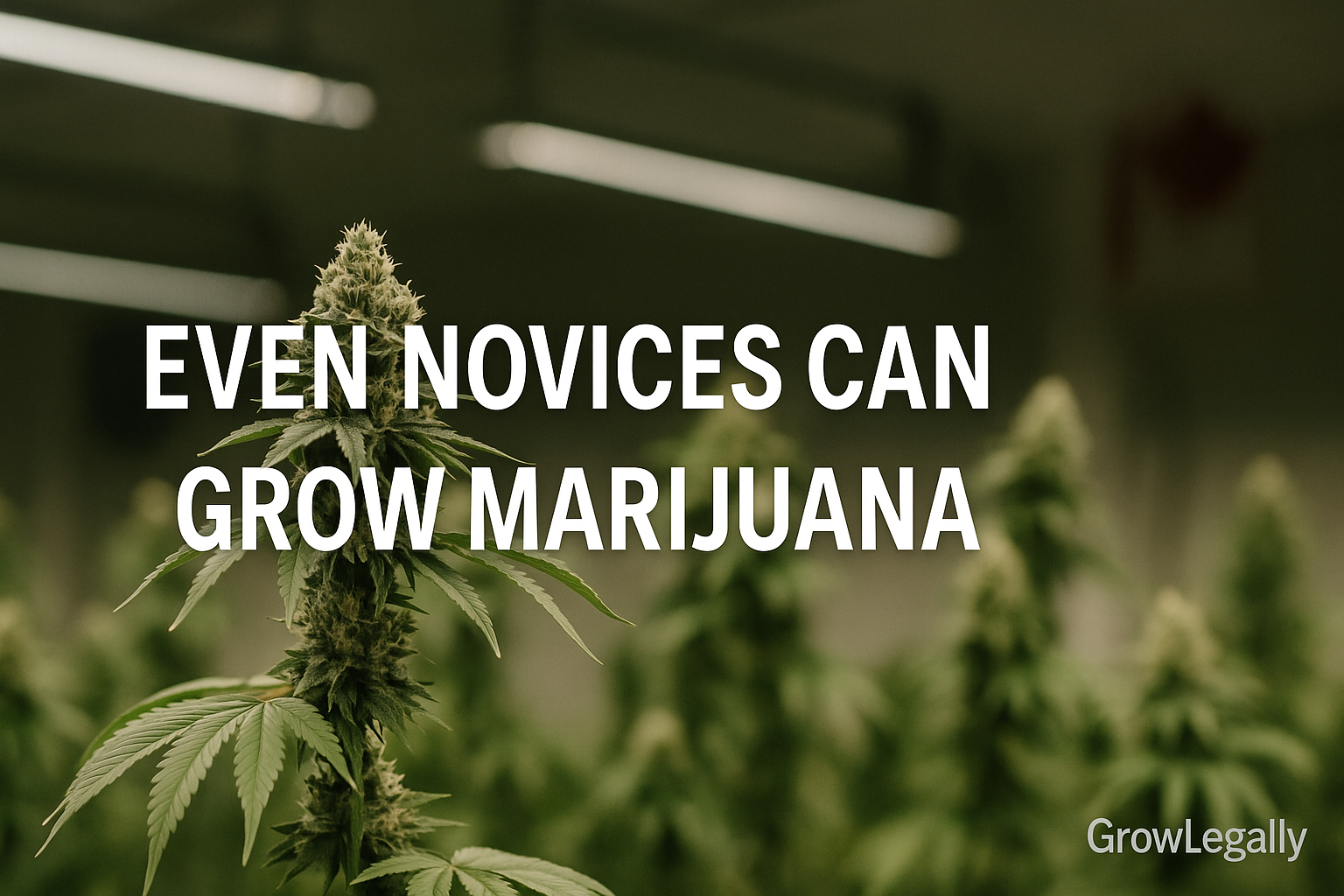


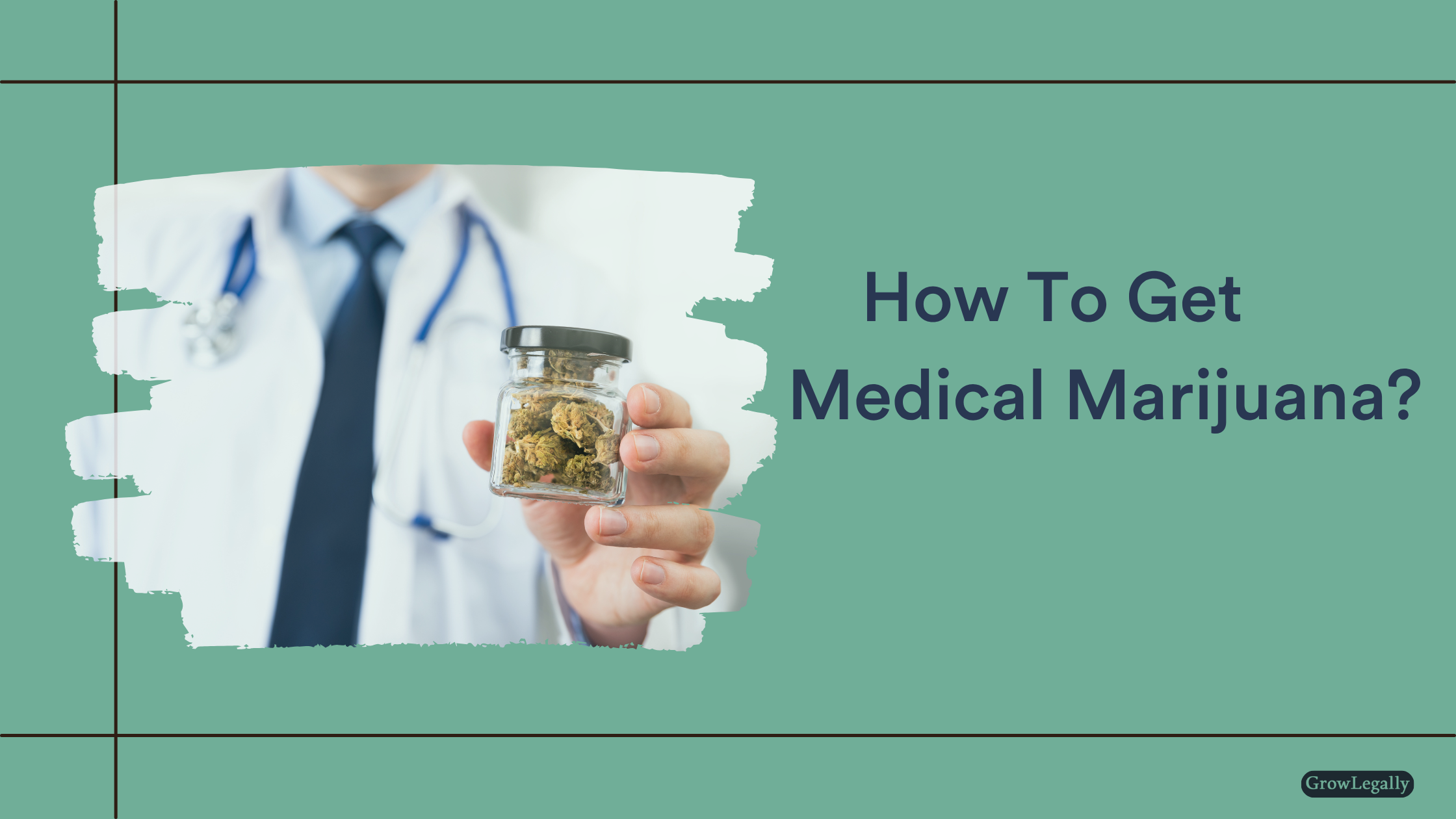

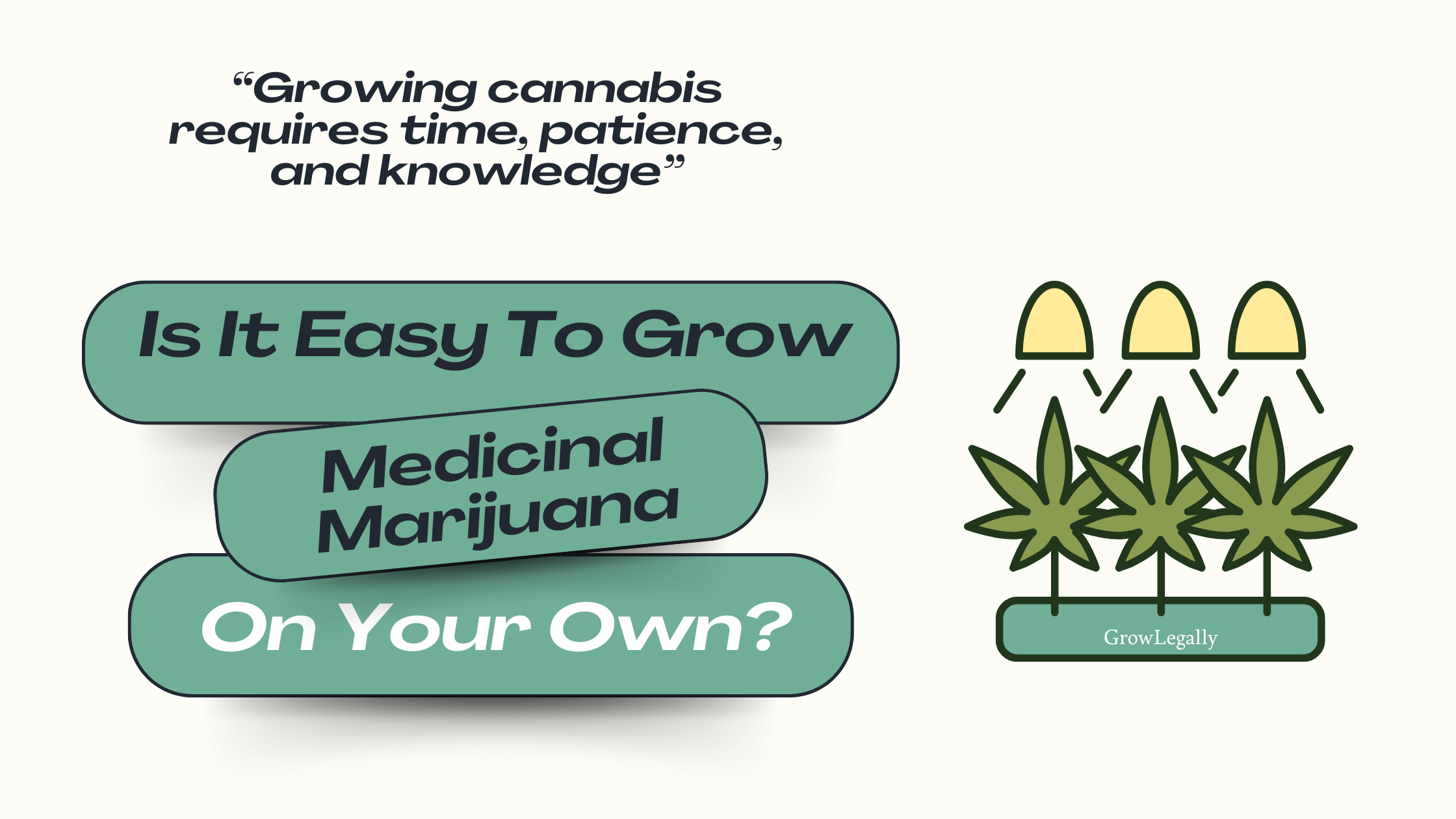
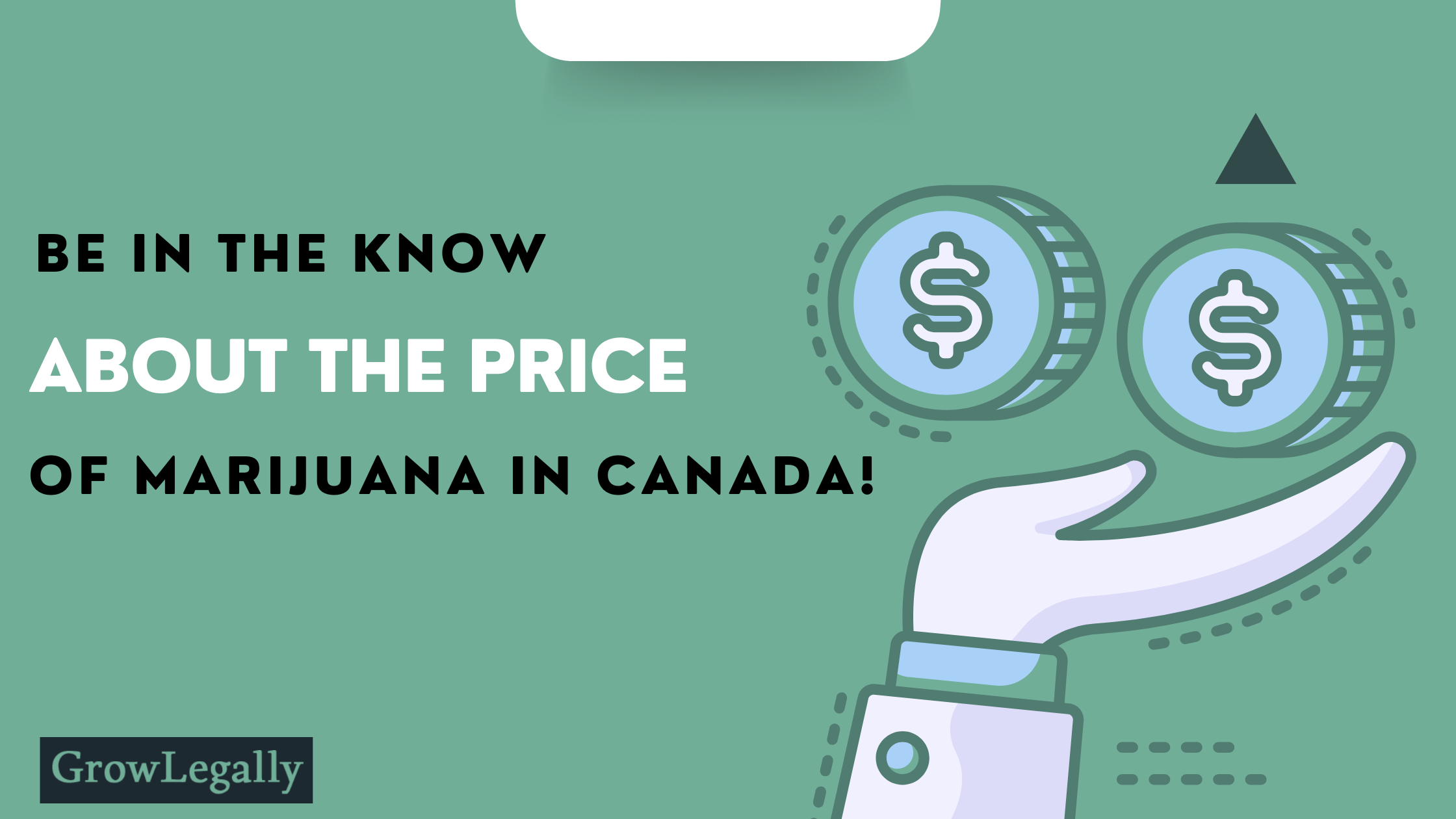





















.png)

















































.png)
















